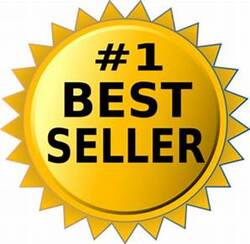 What does it mean when an author puts “No 1 bestselling author” or “No 1 bestselling book” in their social media profile? That is a hard question to answer. Were they, even for a short time, the bestselling author in the world? That’s hard to say unless you search the bestsellers listings on a regular basis. Maybe they were, maybe they weren’t. Were they the bestselling author in their country? Same answer. Were they the bestselling author in their genre? Same answer. You see the problem we have here. They may be telling the truth, they may be telling a lie, or they may be telling the truth, but not the whole truth. 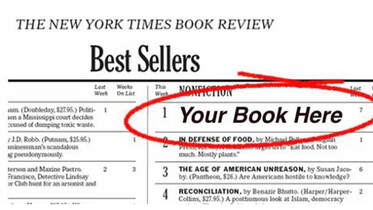 I’m referring here to the Amazon bestsellers lists, because the newspaper and literary magazine listings have very strict criteria for getting onto their lists. They are based on global or national sales for the week, month or year and the figures are provided by the retail outlets, not by the publishers or authors. That makes it more difficult for the figures to be inflated (ie lied about). For the Sunday Times or Guardian bestsellers lists for the year, for example, you would need to sell in the region of a 100,000 copies of your book in all formats just to get into 100th place. If you ever make the dizzy heights of being No 1 on those lists, no one will doubt your right to call yourself “bestselling”.. For a start, lots of readers will have heard of your name and the title of your book by then, because you will have been all over the retail outlets, both the physical shops and on-line. 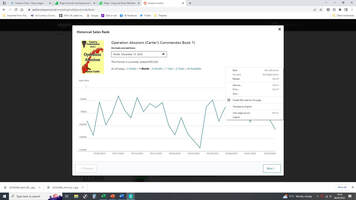 But on Amazon, for some sub-genres, you could get to No 1 spot with just a single sale. Even to get to the No 1 slot in one of the top level genres, you could make it with just a few hundred sales. We used Publisher Rocket’s “category search” function and discovered that in the Books>Science Fiction and Fantasy category you can make the No 1 slot with only 335 copies sold. You would have to sell them over a short space of time, no more than a day probably, but that is doable if the book is a good one. OK, that may only be for a few hours, or for a few days, but you’re up there and you can screenshot it to provide evidence of your claim. Which is where telling the truth, but not the whole truth, comes into the equation. 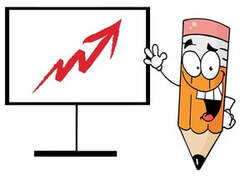 An author can claim to be No 1, but they don’t have to say for how long they were No1, or in what category and/or sub-category they were in. Because, on Amazon, you can choose your own categories and Amazon won’t question it. You can list your book as Kindle Store > Books > Science Fiction & Fantasy > Fantasy > Christian Fantasy. You can then ask 5 family members or friends to buy a copy of your own book (you might even give the money so they don’t have to pay for it themselves) to send it to No 1 in that category, where it will stay until another book in the same category outsells it. Amazon won’t question that choice of category, so it won’t get rejected. And you don’t have to tell your followers on social media that you have only sold five copies when you put “No 1 bestselling author” (or book) in your profile. 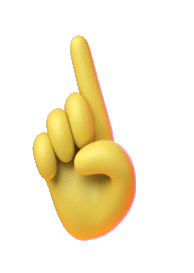 Am I advising you, as a self-published author, to game the system by listing your books in obscure categories where you can make the No 1 slot with just one sale? No, I’m not. What I am advising you, as a reader, to beware of is that just because someone has made the claim, it doesn’t mean their book is actually a best seller in any real meaning of the expression, because the author may have gamed the system. We live in a world where deception is now seen as normal because people use the excuse “everyone does it”. Well, I’m here to tell you that not everyone does it, because we here at Selfishgenie Publishing don’t do it and we don’t allow our authors to do it either. It means that we will probably never be able to claim “best seller” status for any of our books, because although we sell quite a few books, we don’t sell 100,000 copies a year of any title. What can you do as a reader to make sure you aren’t fooled? 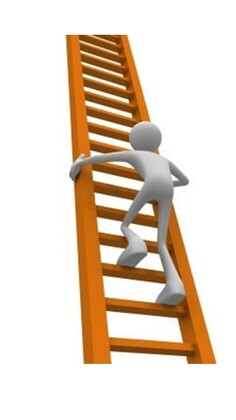 The answer is not to look at subgenres when looking at the sales rankings. Look only at the overall ranking and then the headline genre eg. Sci-fi and fantasy; thrillers, crime; Action & Adventure, Romance, etc. If a book is ranked overall in excess of 500,000 (10k in its genre) then it means it hasn’t sold very many copies and probably not sold any recently. If a book is between 500k and 100k (10k to 5k in its genre) it has sold a few copies and probably in recent months. If a book is between 100k and 50k ( 5k to 2k in its genre) it is selling more copies, and if it is better than 50k it is selling regularly. If a book is ranked better than 10k (2k in its genre) then it’s doing very well. And if it’s doing very well, there is probably a good reason for that which has nothing to do with the author’s claims for it. In other words, you can buy with some confidence that it is likely to be a good read. 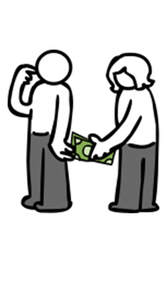 Those numbers are just “ballpark” though. Because sales vary so much between genres, it is difficult to be too precise. It’s like comparing apples to elephants. A high volume genre such as Action & Adventure is going to require more sales to get it to the 10k ranking than a book in a lower volume genre, such as Horror. That is why the overall ranking and the genre ranking have to be viewed side by side. And that’s why looking at sub-genres can be so misleading. As I have pointed out, in some categories it is possible to be No 1 with just a few sales. If the author has a loving mother, father, spouse, siblings and few good friends to buy the book, it could get a pretty good sales ranking even if it is the worst book ever written. If you have enjoyed this blog, or found it informative, then make sure you don’t miss future editions. Just click on the button below to sign up for our newsletter. We’ll even send you a free ebook for doing so.
0 Comments
Leave a Reply. |
AuthorThis blog is compiled and curated by the Selfishgenie publishing team. Archives
March 2025
|
 RSS Feed
RSS Feed